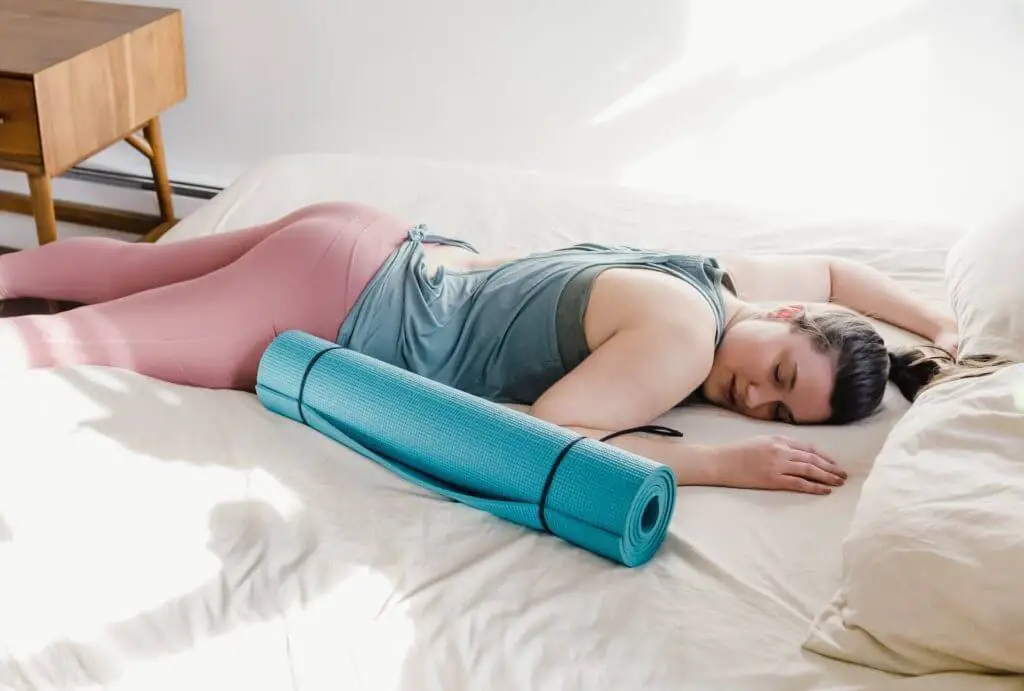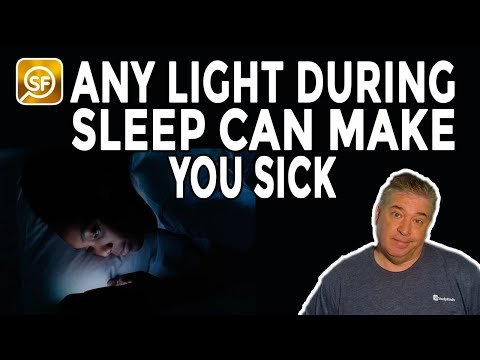LONDON —Countless studies emphasize the importance of keeping one’s body moving as a means of maintaining a strong mind and sharp cognition well into old age. However, noteworthy new research in the UK suggests that night owls and insomniacs may not reap the same cognitive benefits no matter how hard they work at the gym.
Scientists at University College London report that the protective cognitive effect of exercise may be reduced for people who aren’t closing their eyes enough. The researchers assessed cognitive function over a decade among 8,958 older adults (aged 50 and over) in England. The study authors wanted to evaluate how different combinations of sleep and physical activity habits affect cognitive function over time.
Ultimately, this approach led to the finding that those who were more physically active but had shorter sleep durations (less than 6 hours on average) showed faster overall cognitive decline. This means that after 10 years their cognitive function was almost equal to that of their peers who engaged in less physical activity.
Our study suggests that you may need to get enough sleep to get the full cognitive benefits of physical activity. It shows how important it is to consider sleep and physical activity together when thinking about cognitive health, says lead author Dr. Mikaela Bloomberg (UCL Institute of Epidemiology & Health Care) in a university release.
Previous studies looking at how sleep and physical activity might combine to affect cognitive function were mostly cross-sectional focusing only on a snapshot over time, and we were surprised that regular physical activity might not always be enough to counteract the long-term effects of sleep deprivation on cognitive health.

Consistent with previous studies, the researchers also note that getting six to eight hours of sleep a night, as well as increased physical activity, were both linked to better cognitive function. Participants who had been more physically active also showed stronger cognitive function, regardless of how long they slept at the start of the study. That changed, however, over the 10-year study period; the most physically active sleepers (less than six hours) reported experiencing faster cognitive decline.
This rapid decline was true among 50- to 60-year-olds in this cohort, but among older adults (over age 70), the cognitive benefits of exercise appeared to remain, despite shorter sleep durations.
It is important to identify factors that may protect cognitive function in mid- and later life as they may serve to prolong our cognitively healthy years and, for some people, delay a diagnosis of dementia, explains study co-author Professor Andrew Steptoe ( UCL Institute of Epidemiology and Healthcare).
The World Health Organization already identifies physical activity as a way to maintain cognitive function, but interventions should also consider sleep habits to maximize the long-term benefits to cognitive health.

To conduct this research, the UCL team used data from the English Longitudinal Study of Aging (ELSA), a nationally representative cohort study of the English population. Participants were asked how long they typically slept on an average weekly night, and were then divided into three sleep groups: short (less than 6 hours), optimal (6 to 8 hours), and long (greater than 8 hours). hours).
Participants were also given a score based on the frequency and intensity of self-reported physical activity, and then divided into one of two groups: most physically active (the top third of the scores) and least physically active (the other two). third parties). Cognitive function, meanwhile, was measured based on an episodic memory test (participants were asked to recall a list of 10 words, both immediately and after a delay) and a verbal fluency test (participants were asked to name as many animals as they could in 60 seconds).
The researchers were also sure they adjusted for many confounding factors. Examples of such factors include participants who took the same cognitive test at an earlier date. The study authors also excluded those diagnosed with self-reported dementia and those whose test scores indicated some level of cognitive impairment. This was done to ensure that any behavioral changes related to preclinical Alzheimer’s disease (such as sleep disturbances) did not inadvertently affect the results.
This project had a number of limitations. The researchers admit they relied solely on each person’s self-report of sleep duration and physical activity. Moving forward, the study authors would like to repeat this work with different study populations. Future studies should also look at more cognitive domains and more sleep quality domains and use objective measures such as wearable physical activity trackers.
The study is published in The Lancet’s Healthy Longevity.
you may also be interested in:

#Lack #sleep #ruins #brain #benefits #related #exercise
Image Source : studyfinds.org